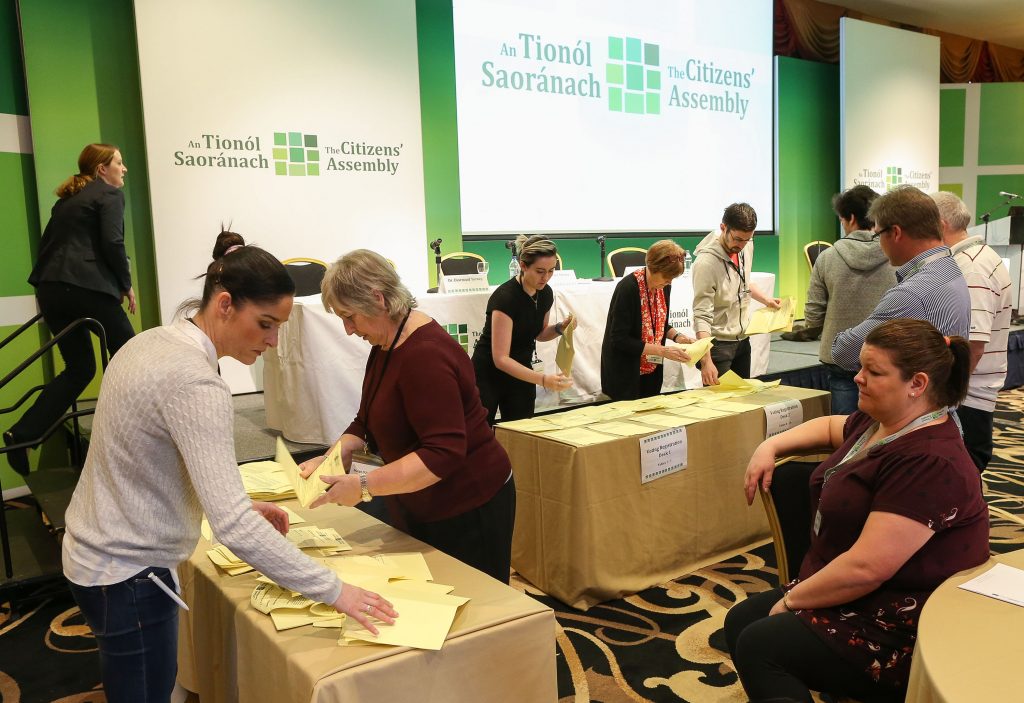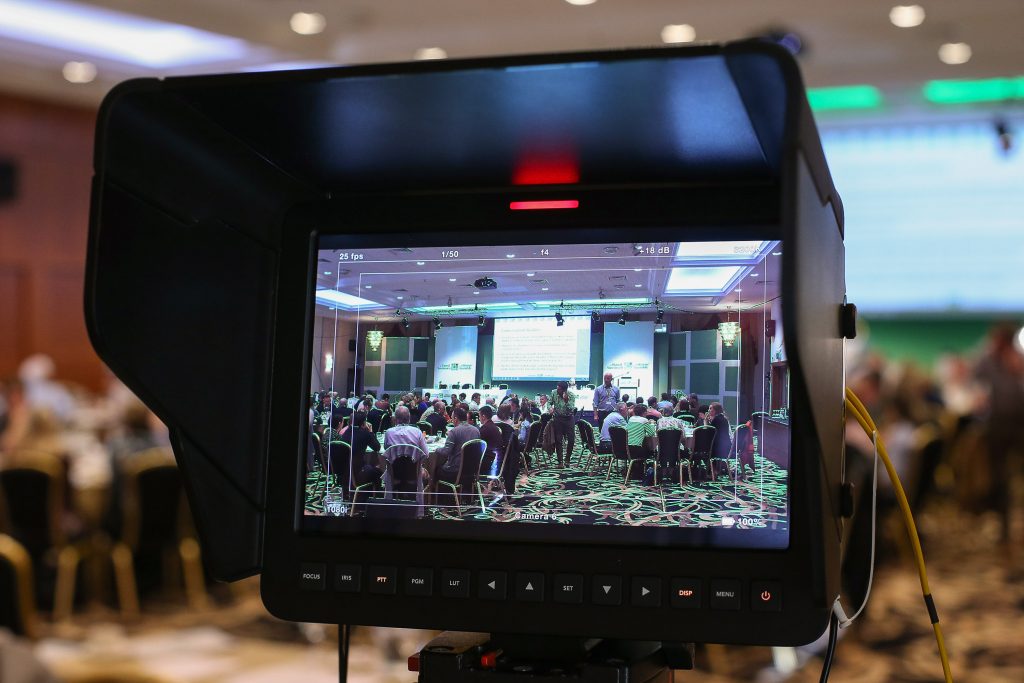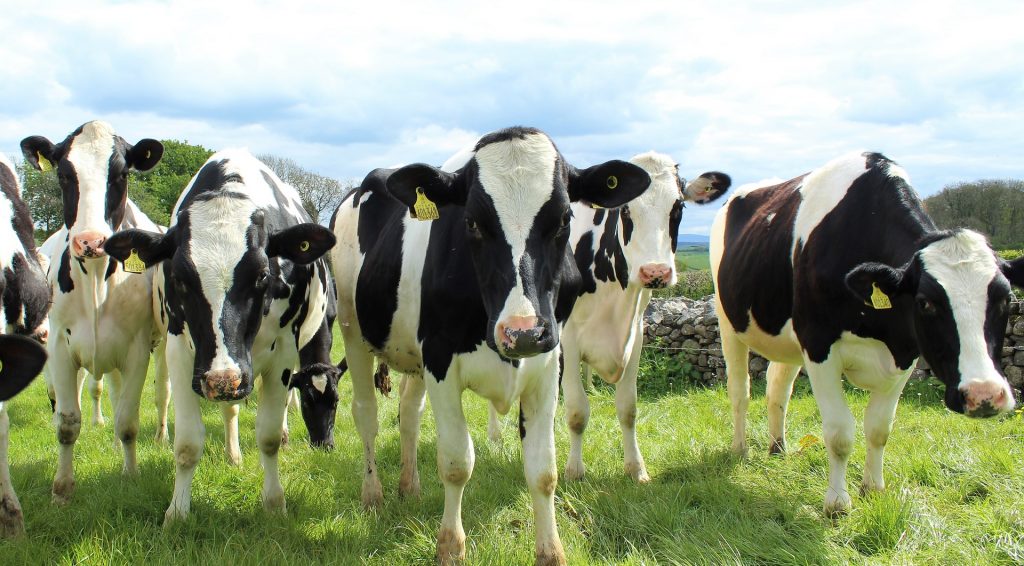Time for Ireland to be at forefront of climate action, committee told

September 5th, 2018
It is now up to the state and its organs to put Ireland at the forefront of tackling climate change, the Chair of the Citizens’ Assembly said today.
Justice Mary Laffoy was speaking before a new Special Joint Committee of 16 deputies and six senators that will examine the Assembly’s recommendations on how the State can lead on tackling climate change.
The Assembly, which is comprised of 99 randomly selected Irish citizens, was formed in 2016 to consult and make recommendations to the government on key issues in Irish society.
Climate change was the third topic that the Assembly considered, with Ms Justice Laffoy telling the Committee that the aim of the Assembly was to “put Ireland in the vanguard” of countries taking action to adequately tackle climate change.
“The real challenge has always been implementation in the pursuit of achieving real and tangible goals,” she said. It is no longer about debating the reality of climate change, she added, but how we can tackle the problem to achieve “a better Ireland”.
The media, she said, also has a role to play in engaging the public in a “fair and balanced” manner. “I do think citizen acceptance is crucial and I think that’s what we should be striving for.”

The vote counting team sort and count votes at the meeting of the Citizens Assembly Photo: Maxwells
Citizens Assembly recommendations
Last November, the Assembly voted in favour of a radical overhaul of climate policy, putting forward 13 recommendations such as phasing out peat subsidies and increased public transport spending.
The recommendations also include a carbon tax on agricultural emissions, as well as support for a transition to lower-emission foods and carbon sequestration.
Four ancillary recommendations were published in April, including a public awareness campaign and a reduction in plastic packaging, an issue that Ms Justice Laffoy said was “terribly important”.
One of the key recommendations is for the establishment of a new well-funded independent body to propose ambitious five-year national and sectoral targets for emissions reductions. The body would have the power to legally challenge the State if it fails to “live up to its legal obligations relating to climate change”.
The Committee’s chair, Hildegarde Naughton said that she was concerned that this remit could lead to lawsuits against the state in the future and the potential for financial settlements.
Ms Justice Laffoy, however, said it is her view that the body would be able to seek an injunction from the courts to “mandate the state to fulfil its functions” and does not foresee a process that will lead to the state being sued for compensation. The aim of any legal action, she added, would be to tell the state to “get on and do the job that you are supposed to do”.
Solidarity–People Before Profit’s Paul Murphy asked Ms Justice Laffoy if the citizens on the Assembly were made aware of the State’s poor record on climate action and our position as a climate “laggard” within Europe.

Media at Citizens Assembly on Saturday, November 4th at the Grand Hotel, Malahide, Dublin.Photo: MAXWELL
They were aware of this moniker, said Ms Justice Laffoy, and were engaged by the experts on the Irish Government’s record. “Over and above that, they were given information that made it clear to them that we have to do more,” she said.
Green Party leader, Eamon Ryan echoed Ms Justice Laffoy’s earlier comments on the societal and economic benefits of taking action, adding that it is of utmost importance to communicate this point to the public.
“I think what we’re not informed on is that in tackling [climate change] we go to a better Ireland,” he said. “It has to be a transformative moment where there is a better Ireland, a better economy.”
He said, however, that plans under the recently launched National Development Plan show that the State has “ignored” many of the Assembly’s recommendations. The Plan, for example, calls for building 63 new motorways and national roads, with Mr Ryan calling for such funding to go toward walking, cycling and public transport infrastructure.
Several committee members from rural constituencies, however, called for greater leniency for private car use in countryside areas where public transport is virtually non-existent. Fine Gael Senator Michelle Mulherin, who hails from Co Mayo, said that the west of the country has a “massive infrastructure deficit” and is “crying out” for new roads.

holstein-cattle Photo: CallyL
Advocacy and Agricultural Voice
Ms Mulherin was also concerned about the potential for farmers to “get another carbon tax slapped upon them” for agricultural emissions as recommended by the Assembly. Several members of the Committee, including Ms Mulherin, also voiced concern over a lack of agricultural input into the Assembly hearings.
Ms Justice Laffoy asked the concerned members to examine the recommendations that recognise that there should be a “just transition” for Irish farming to a more sustainable model.
She pointed out that the Assembly also recommended that farmers are rewarded for sequestering carbon through the likes of planting trees and that any revenue from a carbon tax would be ring-fenced for sustainable agriculture.
The Environmental Pillar, a coalition of national environmental organisations, is set to appear before the Committee at its next hearing on 12 September 2018. Ms Justice Laffoy said that it will be “of some benefit to hear” from advocacy groups as there was not enough time to hear from such groups during the Assembly meetings in November last year.
The Committee will report its conclusions and recommendations to both Houses of the Oireachtas by January 2019.
[x_author title=”About the Author”]







